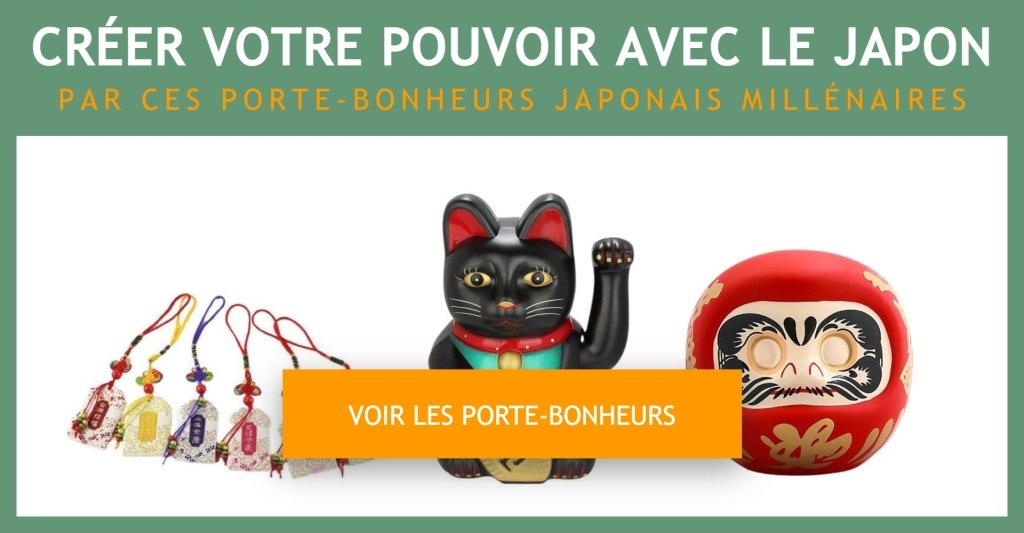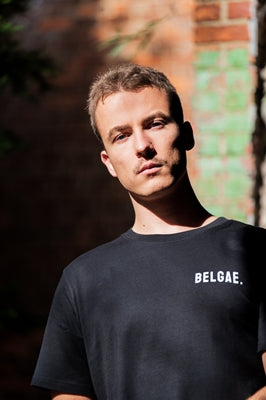Introduction to Reiki
Reiki is an ancestral practice rediscovered at the beginning of the 20th century.
It is a natural method of holistic healing, based on the transfer of universal energy through the hands and intention to promote deep relaxation and restore physical, mental and spiritual harmony.
Contents :

Definition of Reiki
Reiki is an ancient energy healing practice originating in Japan. It aims to restore harmony and balance between body, mind and soul. The term “Reiki” translates to “Universal Energy” in Japanese, where “Rei” refers to the higher spiritual force and “Ki” represents the vital energy that flows within every human being.
This ancestral practice tends to restore physical, mental and spiritual well-being in the individuals who practice it. It can be used as a therapeutic means to relieve various physical, mental or emotional pain such as digestive disorders, respiratory problems or even chronic insomnia.
Reiki is established on the principle that a person has their own inner capacity to heal themselves if it is connected to their naturally healing life energy. During a Reiki session, a qualified professional works on the subtle energy fields around the patient in order to facilitate this internal healing process naturally existing in all human beings.

The main principles of Reiki
Reiki is an ancient practice that is based on five fundamental principles. These rules of conduct serve as a moral guide for practitioners and encourage a healthy lifestyle based on kindness, compassion and respect for others.
Just today: don't get angry, stay calm and honor your parents, teachers and elders. Honestly earn your living and show gratitude against all forms of life.
The five principles of Reiki can guide us in our daily lives so that we can care for others as well as ourselves with unconditional love. They can also provide us with a source of inspiration when we face challenges or difficult times in our interpersonal or professional relationships.
History of Reiki
Reiki is an ancient healing practice originating in Japan. It was developed by Mikado Sui, a Buddhist monk passionate about the ancient means of laying on of hands used by Buddha himself.
Sui created the system called Sui Shakti Herd (Natural Healing Method) so that everyone could learn this simple and effective technique to reconnect with their own inner source of healing energy.

Main benefits of Reiki
Reiki is a holistic practice that can provide many benefits on a physical, emotional and spiritual level. The benefits of Reiki are varied and include:
- Reducing stress and anxiety
- Strengthening the immune system
- Relief from physical pain
- Improving sleep quality
- Balancing emotions.
These benefits are obtained through the transmission of universal energy by the practitioner during a Reiki session.
Such a session therefore allows the people concerned to increase their general well-being, both physically and psychologically or spiritually.
With good support, this natural form of therapy can help bring inner calm and deep relaxation.

How does a Reiki session work?
A typical Reiki session begins with a short interview between the practitioner and the client to understand their specific needs. The client remains clothed during the session, lying comfortably on a table or sitting according to their preference.
The practitioner then places the hands slightly above or in direct contact with different parts of the body (head, neck, chest, stomach, etc.) in order to send the healing energy into these areas. The sensations felt can vary: pleasant warmth or tingling as the energies circulate and realign in the body.
The duration is awesomely 45 minutes to an hour. After the session, clients are recommended to drink plenty of water to facilitate the elimination of toxins released during the healing process.
In conclusion, Reiki offers physical, emotional and spiritual benefits without being invasive or using artificial or chemical means. Whether you are looking to relieve your stress or find overall balance, this ancestral technique will certainly be useful.


